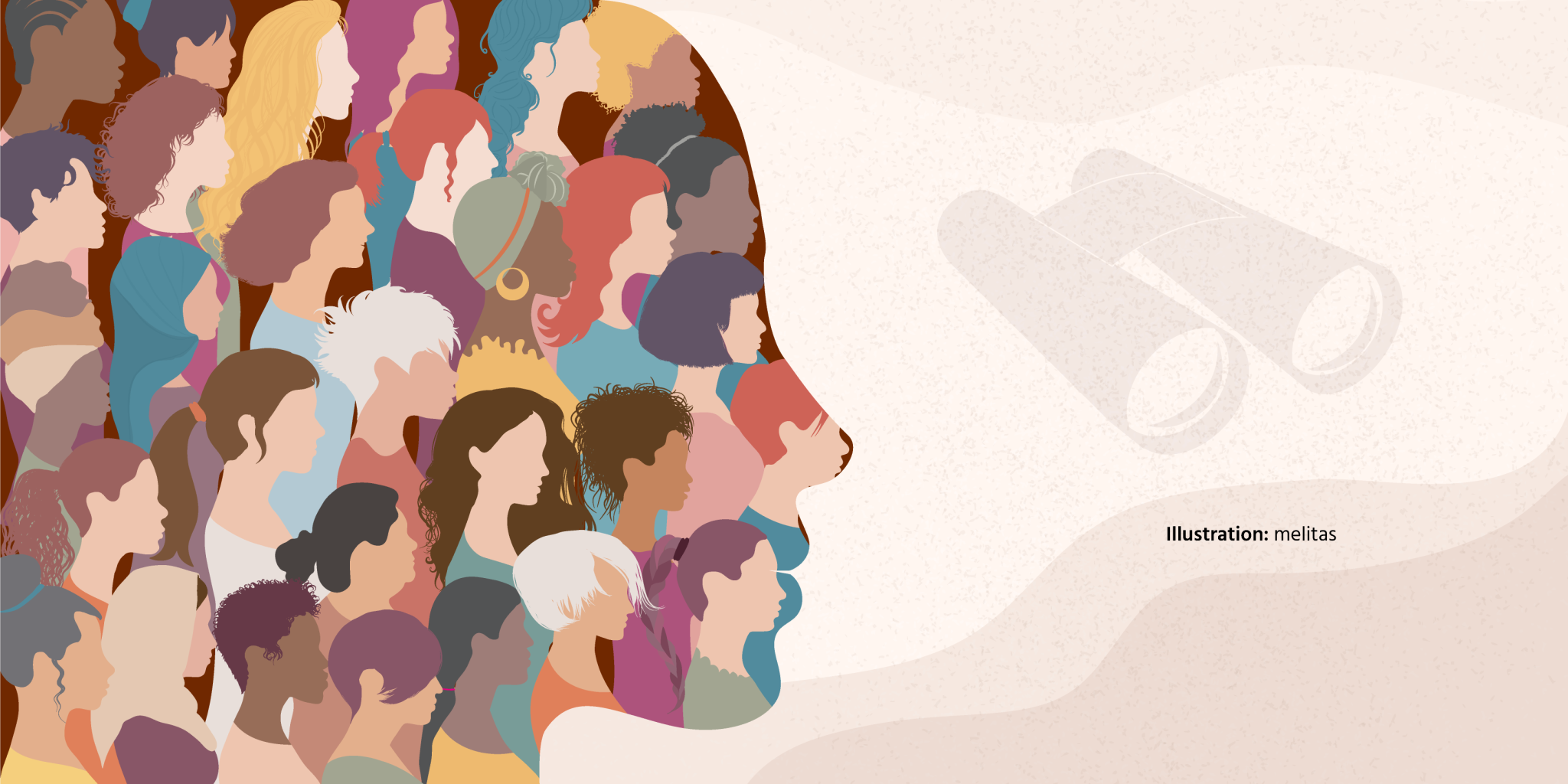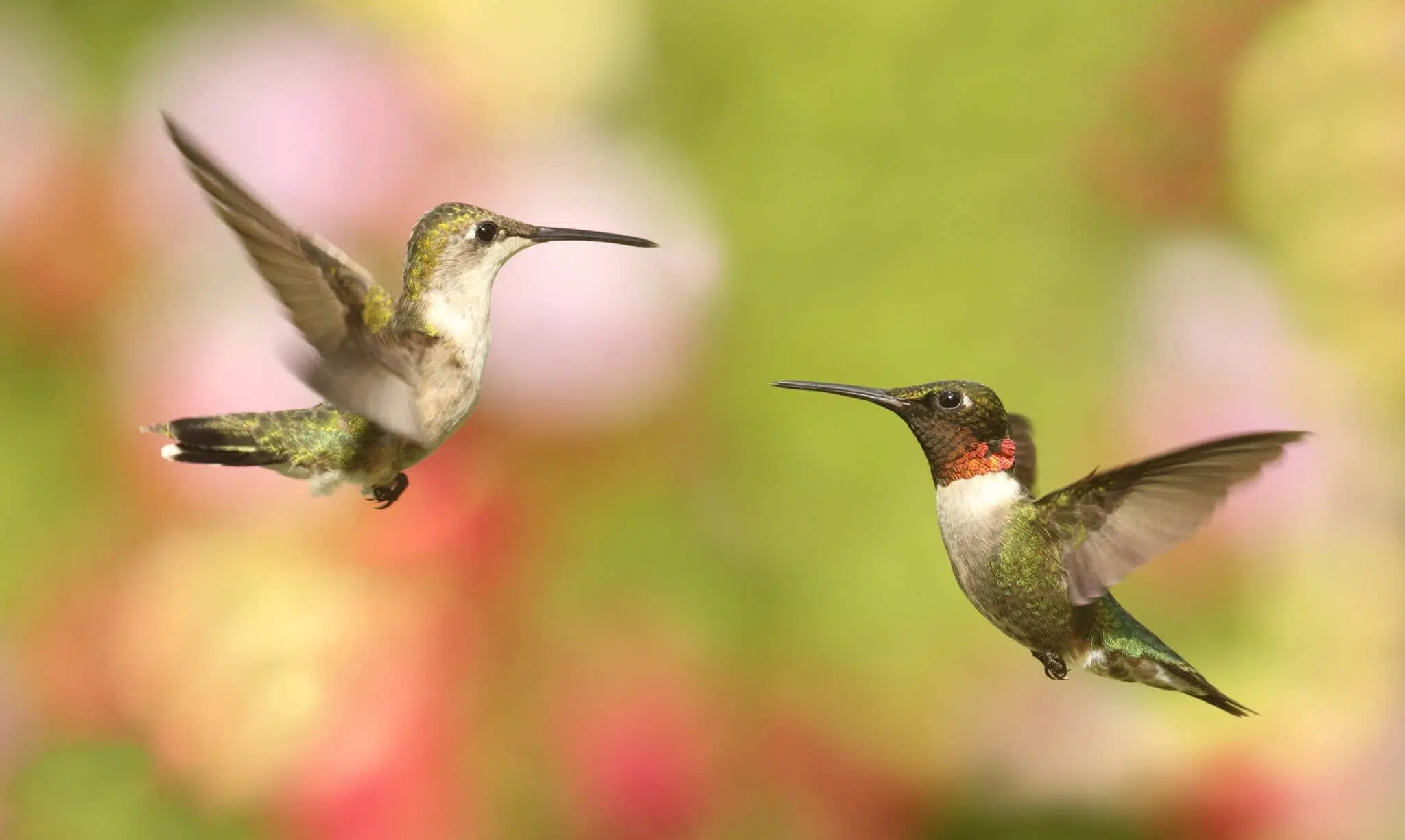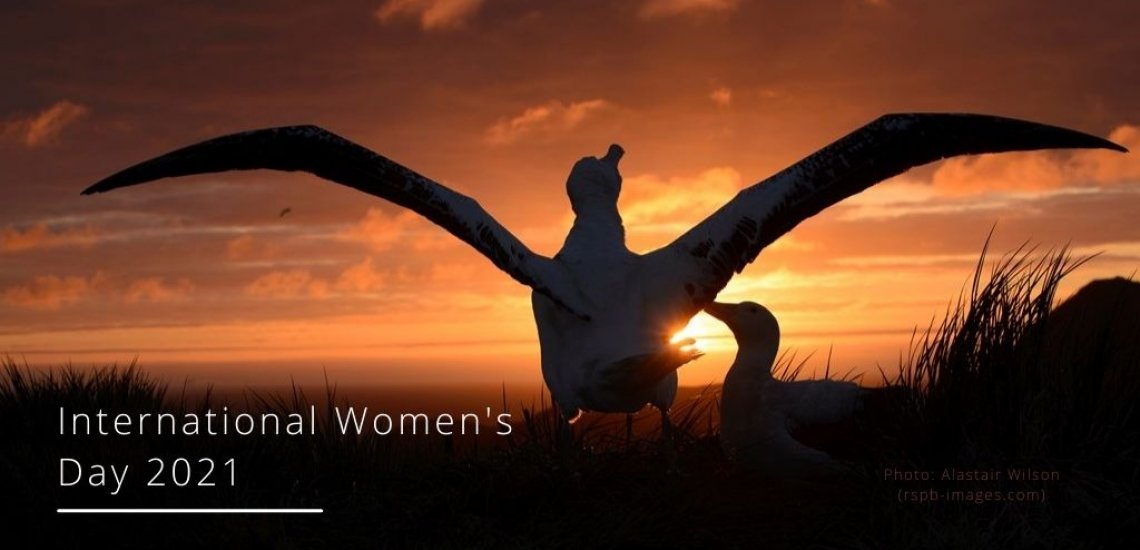By Mireia Peris
Women represent 50% of the world’s population, and therefore half of its potential. But did you know that, at present, less than 30% of researchers worldwide are women? According to recent data provided by the UN: “Globally, female students’ enrolment is particularly low in computer technology (3%), natural science, mathematics and statistics (5%) and in engineering, manufacturing and construction (8%).”
Even in this day and age, entrenched biases and gender stereotypes are steering women and girls away from scientific fields. But given the current challenges of climate change, nature loss and COVID-19, it’s more important than ever to harness all the talent and innovation we have at our disposal. To do so, we need to promote the participation of all sections of society.
Mr. António Guterres, the UN Secretary-General, stated that achieving gender equality and empowering women and girls is the unfinished business of our time, and the greatest human rights challenge in our world. Here at BirdLife, we strive to lead by example and inspire the next generation of female conservationists. FromPatricia Zurita, our CEO and the first woman from a developing country tolead an international conservation organisation, to amazing researchers measuring albatross eggs on remote islands or project managers doing community work in South America for more than 10 years, the BirdLife partnership is full of amazing women of all ages and stages in their career.
Read on to discover some of the biggest challenges they faced, and their advice to other women that want to develop a career in science:
Itala Yepez
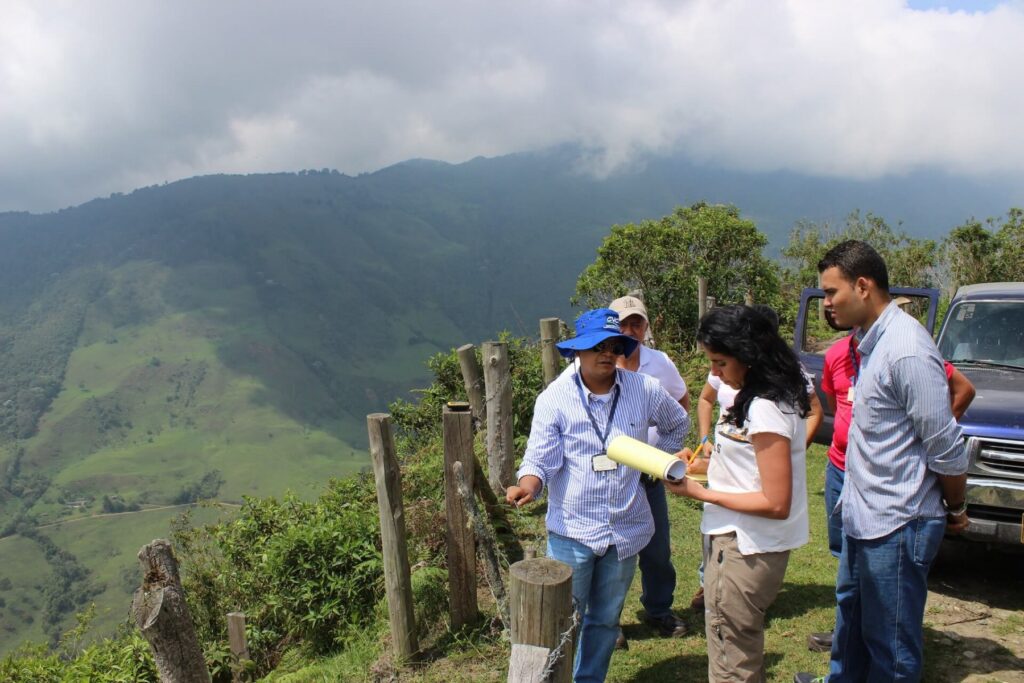
“The world is facing increasingly complex global challenges and we cannot afford to go without half of the population when solving them.”Itala Yepez, Head of Conservation at BirdLife International – Americas
What challenges have you faced working as a female researcher?
“I am originally from Ecuador and, for the last 15 years, I have been working in conservation at an international level. Between 2012 and 2018 I moved to Mexico and worked in an American conservation organization called Rare. Without a doubt, that was one of the most challenging moments in my career.
At that time I was divorced, had two young children and the new position required me to move to Mexico. Accepting a management job with a great deal of responsibilities and constant travel to the U.S. and Latin America, and trying to balance it with family time was challenging, but it helped me build my career and I am passionate about what I do, so I took the job and learned a lot along the way.”
Do you have any advice for women pursuing a career in science?
“I would tell them to pursue their dreams, face the barriers that society imposes and be the best version of themselves every day. The world is facing increasingly complex global challenges and we cannot afford to go without half of the population when solving them. The absence of women in science means giving up all the knowledge, talent and potential that this group can generate.”
Sanja Duranović
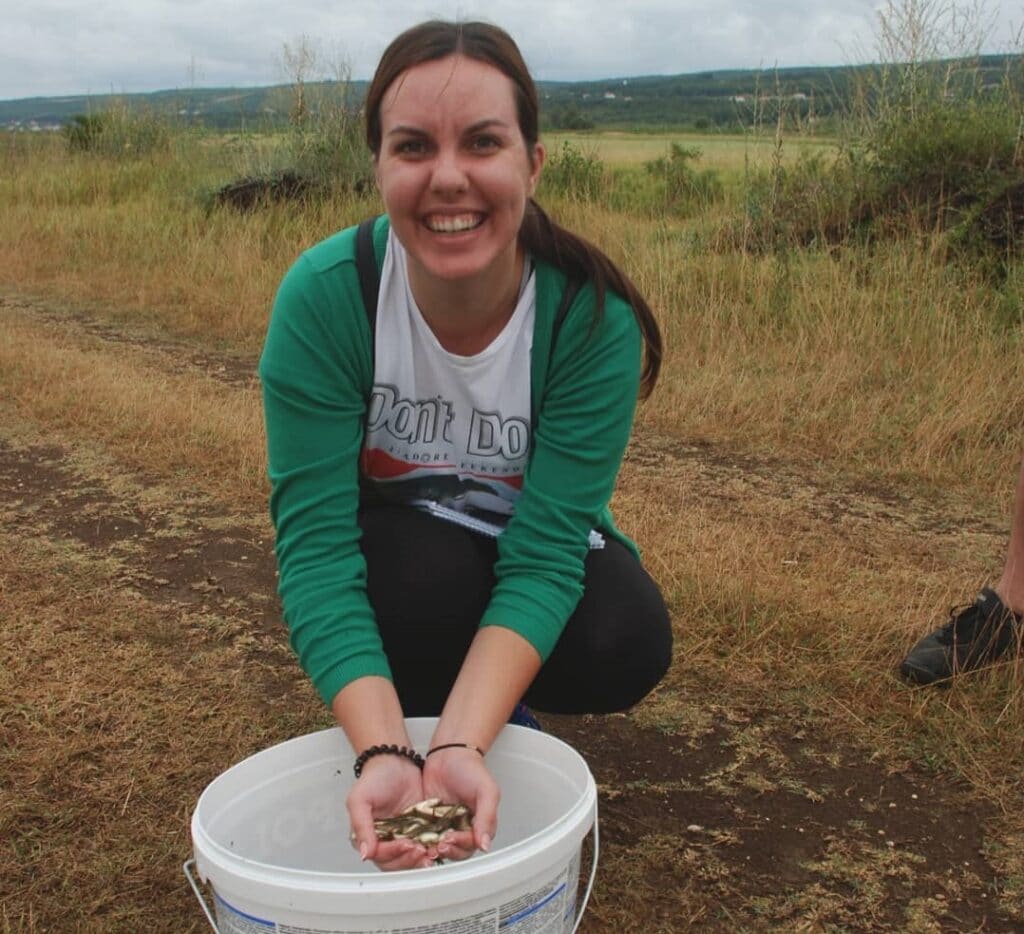
“We women are not looking for superiority over men; we are looking for equality and for our words, research and solutions to be heard as well as theirs.”Sanja Duranović, PhD researcher studying endemic fish species in Livanjsko polje – project granted by CEPF via BirdLife
What challenges have you faced working as a female researcher?
“Given that I am a young scientist at the beginning of my career, I think the most challenging moment so far has been for me to be able to do what I love in my country without leaving it. Bosnia and Herzegovina, although a small country, can be quite challenging when it comes to building a research career. It is very difficult to be a scientist here because the country invests little in scientific progress. This can be very demotivating for any young scientist who comes out of her studies eager to contribute to the world, and may make them feel that the only option they have is to go and build a career abroad.
I was persistent and, thankfully, able to get a job here and do what I love. My dream is to contribute to the advancement of science in our country, so that as many young scientists as possible stay here and help change this little world of ours for the better. That will be my next challenge.”
Do you have any advice for women pursuing a career in science?
“Don’t get demotivated – things that are worth it take their time. Through my studies, I have learned that it is wrong to observe an ecosystem from only one viewpoint. To get a complete and accurate picture of a system, we must look at everything, from all angles. That is why it is important that girls and women get equal rights, access and participation – not only in science and technology, but also in all spheres of life – because only then can we give a complete and clear picture of any problem and contribute to the progress of society, science, and ultimately humanity. We women are not looking for superiority over men; we are looking for equality and for our words, research and solutions to be heard as well as theirs.”
Ana Veiga
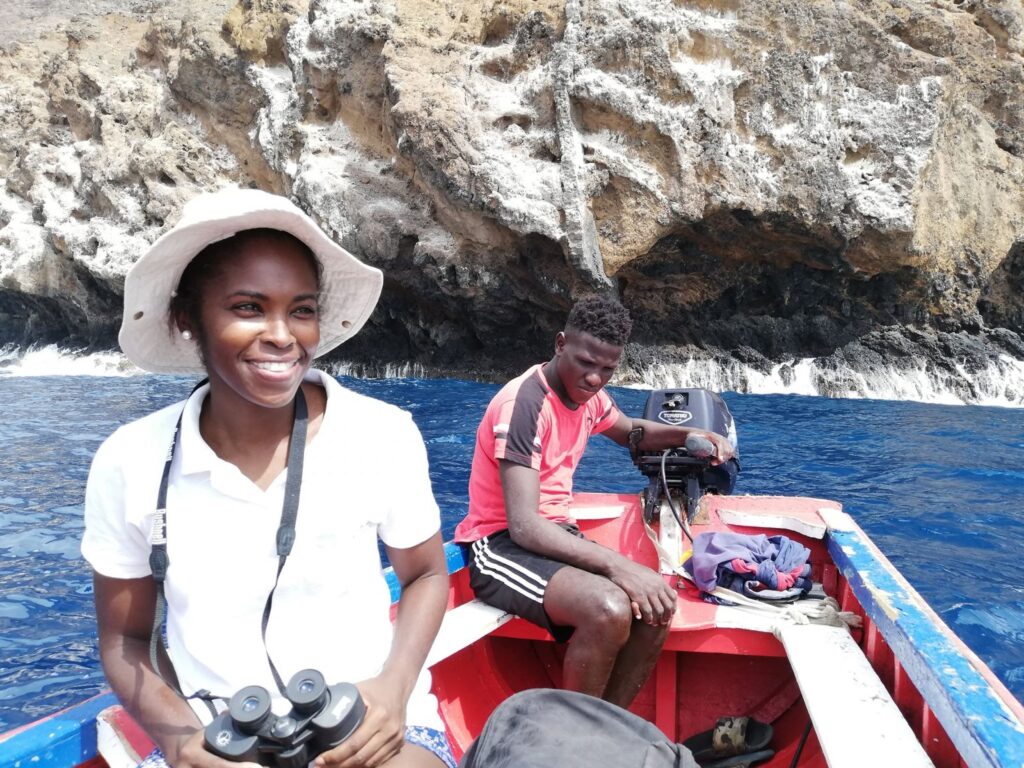
“Women and men should have the same access and participation in science and technology as in any other field. However, opportunities do not always arise for girls and women.”Ana Veiga, Coordinator of BirdLife’s Cabo Verde seabird project
What challenges have you faced working as a female researcher?
“I am very passionate about nature, and since I was a child I wanted to be a scientist! After a MSc course in Conservation and Biology, I returned to my home country, Cabo Verde, and worked for six years at the National Directorate of Environment.
The biggest challenge I faced was when I decided to leave my job at the Government, as I did not want to work just in an office. While I was very determined, I did not have support from some of my relatives and friends, as they though a government work is synonymous with financial stability and that my career could be over by leaving it. I just wanted to follow my dreams and implement my own project ideas. It was not easy, but I can say that it was worth it. I have developed partnerships with other NGOs, expanded my contacts’ network and I am contributing to improving knowledge of the biodiversity of Santiago island, and the sustainable development of its communities.”
Do you have any advice for women pursuing a career in science?
“Women and men should have the same access and participation in science and technology as in any other field. However, opportunities do not always arise for girls and women.
I would say fight for the development of science and the dissemination of the knowledge, and support more women so they can have access and participation in science and technology. By doing this, you will contribute to sustainable development worldwide. Discrimination against women can be an obstacle, but it is important not to give up. Women can make a valuable contribution to the development of humanity.”
Asunción Ruiz
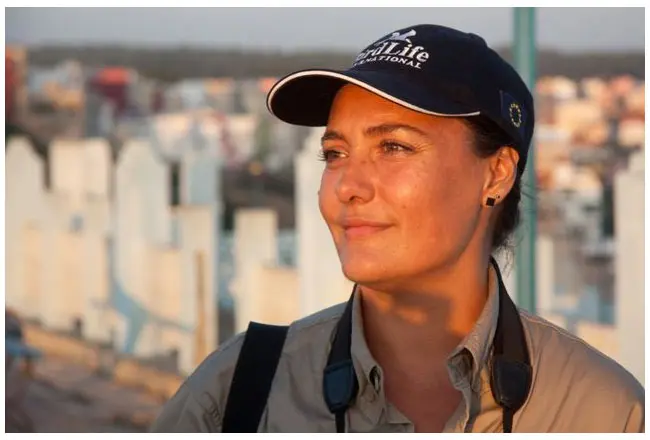
“It is completely inconceivable that in the 21st century society we think that we can progress without girls and women having access to equal participation and progress. A society can only advance if all people have the same opportunities.”Asunción Ruiz, CEO of SEO BirdLife (Spanish Partner)
What challenges have you faced working as a female researcher?
“In my case, I would not speak of the most challenging moment of my career, but of changes I made in my commitment to society. These began when, during my career in Biology, I decided to change out of the white coat of a geneticist and into the muddy boots of an environmentalist. Throughout my professional career, these vital twists and turns have followed one after the other and the path has finally led me to take on the vital commitment of working in an NGO to fight for true equality.
As the Executive Director of SEO BirdLife, I am very proud that we are one of the largest Spanish environmental NGOs in terms of technical and financial scope, allowing us to develop present and future strategies for the conservation of nature.”
Do you have any advice for women pursuing a career in science?
“In ornithological terms, I would tell them that nothing and no one should ever cut their wings and that, in times of difficulty, they should join forces and flock together. All of us are needed for science to fly high and live up to its potential. It is completely inconceivable that in the 21st century society we think that we can progress without girls and women having access to equal participation and progress. A society can only advance if all people have the same opportunities.”
Ngone Diop
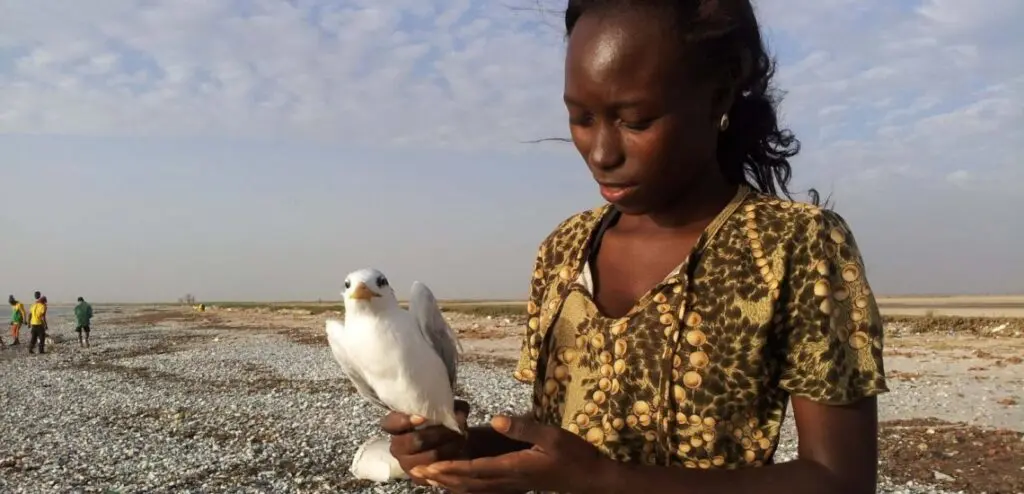
“Being a female birder calls for a strong personality and hard work, to earn trust. I studied biology at Cheikh Anta Diop University in Dakar, at the time I had no idea that I will end up doing ornithological research and being passionate about birds.”Ngone Diop, Coastal Seabirds Project Officer, BirdLife Africa
What challenges have you faced working as a female researcher?
“Being a female birder calls for a strong personality and hard work, to earn trust. I studied biology at Cheikh Anta Diop University in Dakar, at the time I had no idea that I will end up doing ornithological research and being passionate about birds. On my first fieldwork day, as I was undertaking my Masters degree, I could not identify any bird species, but was impressed by the number and diversity of the birds.
This encouraged me to join a national NGO working on bird and biodiversity conservation (Nature Communauté Développement) where I became the Important Bird & Biodiversity Areas focal point, coordinating monthly waterbird monitoring in Dakar and surrounding areas, in addition to participating in several biodiversity conservation activities.”
Patricia Zurita
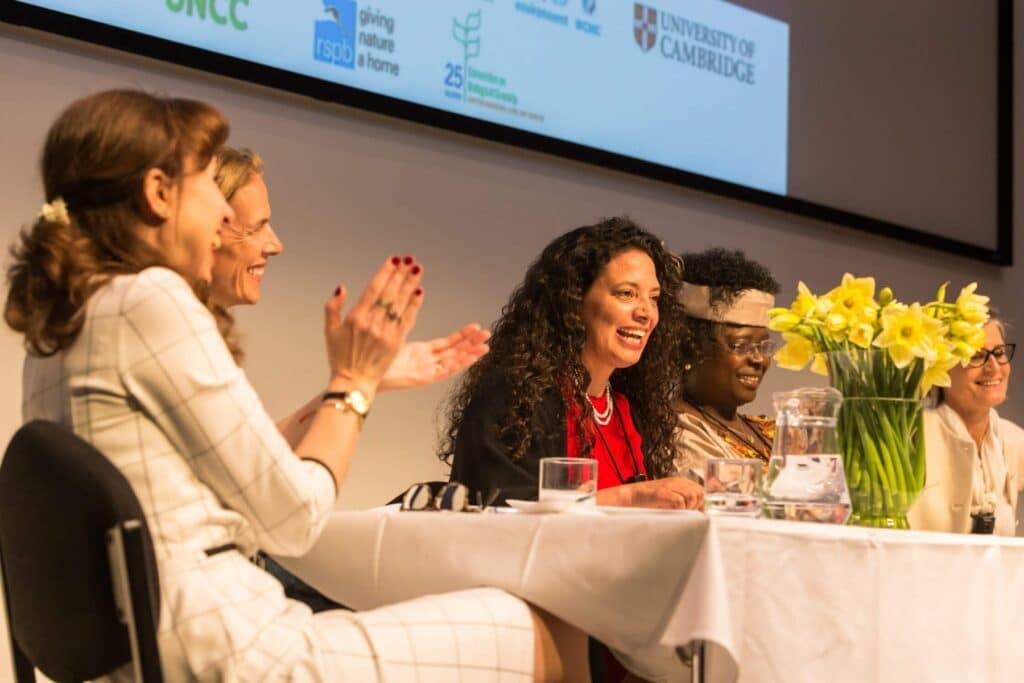
“For a woman, especially from a developing country, getting to where I am now was difficult, but not impossible. It requires a lot of patience, and you do have to work harder.”Patricia Zurita, CEO of BirdLife International
Do you have any advice for women pursuing a career in science?
“For a woman, especially from a developing country, getting to where I am now was difficult, but not impossible. It requires a lot of patience, and you do have to work harder. Being a working mother is an extra challenge. You need to make sure you build a good team underneath you that you can rely on, and also have a supportive team of loved ones at home. It can be a juggling game, but if you enjoy it, it’s definitely worth it.”
